Doing All the Good They Can
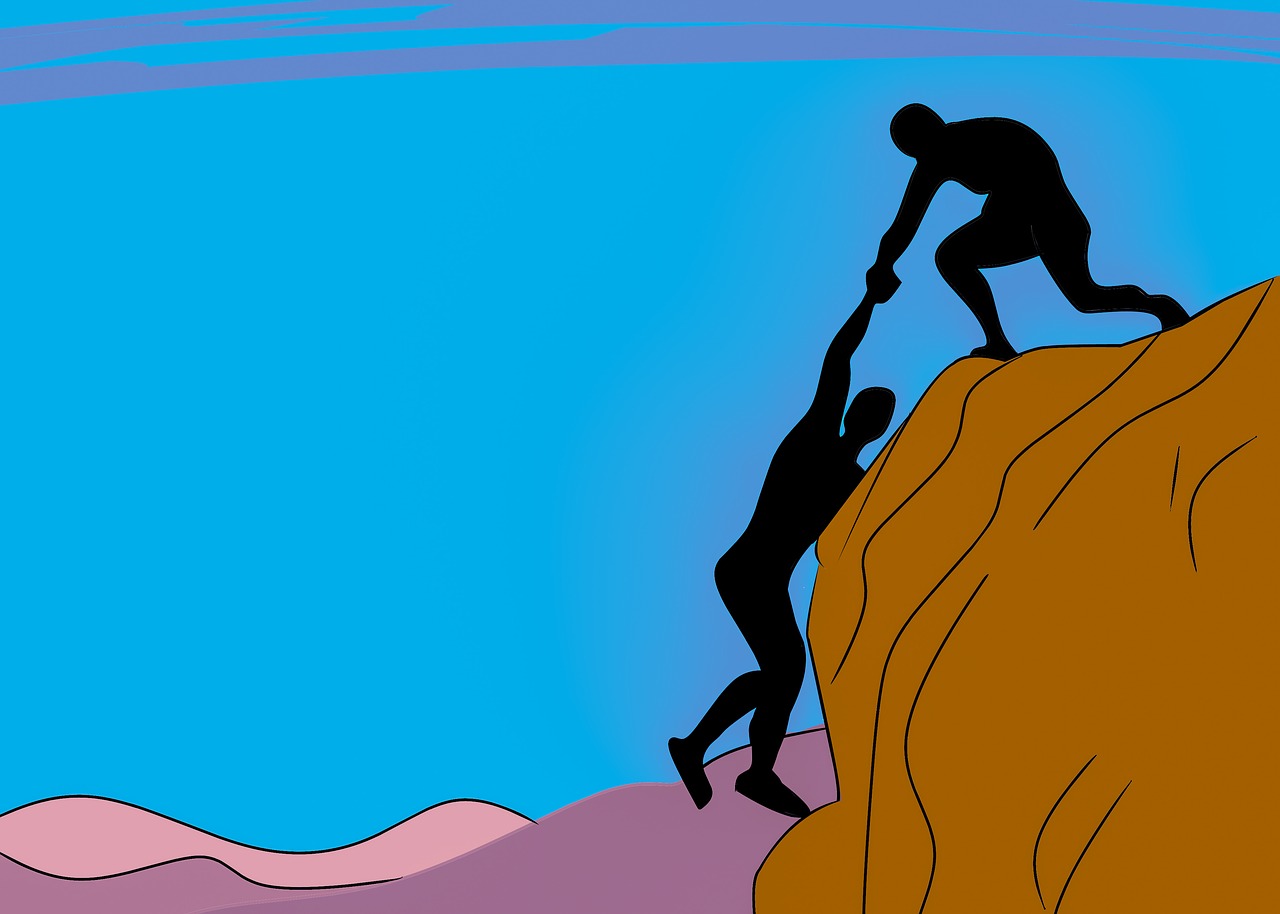
Fifteen years ago, John Mackey made waves for asking the question, “Who has done more good for the planet, Mother Teresa or Bill Gates?” Mackey, the CEO of the high-end grocery store Whole Foods, promptly answered his own question by saying, “No contest – Gates has helped far more people.” In 2003, that declaration rubbed some people the wrong way.
Today, I’m guessing more people would agree with him than they did in 2003. Andrew Carnegie proved that point 100 years earlier.
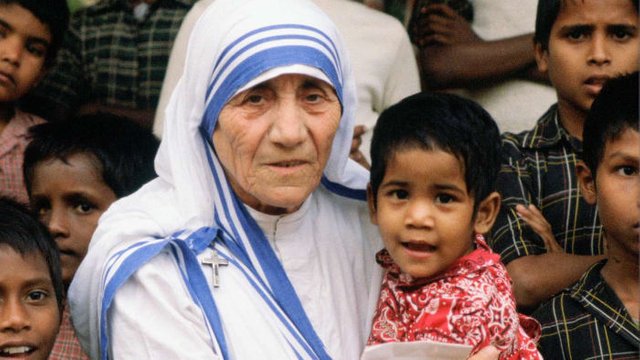
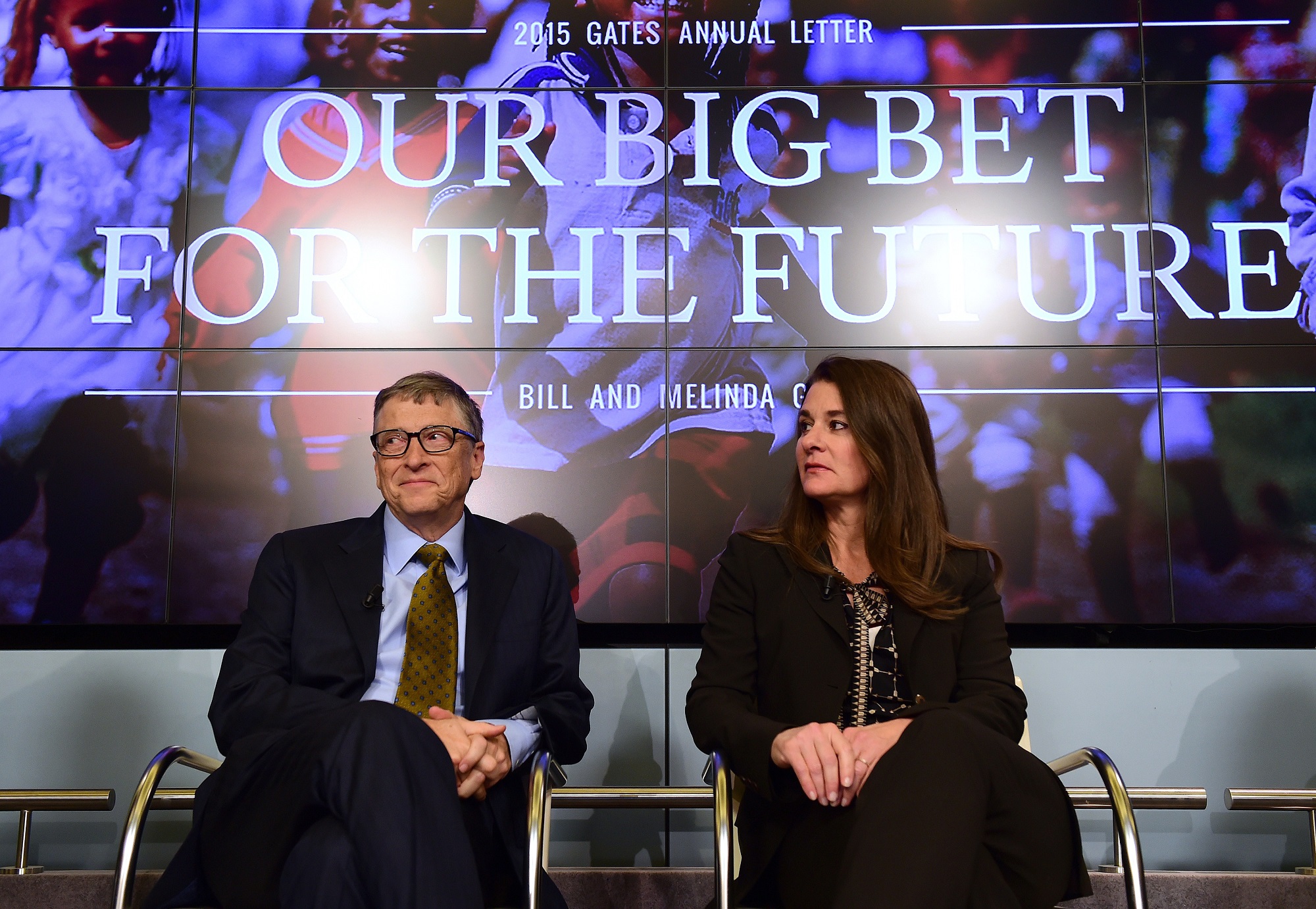
Mother Teresa (Source: Biography.com); Bill and Melinda Gates (Source: CNBC.com)
Mother Teresa, also known as St. Teresa of Calcutta, spent a lifetime serving the poor in the slums of that city. Though not without controversy, she was beloved both inside and outside of her Roman Catholic religion. Tending to the poor, sick, and hungry, she must have helped many thousands of people during her lifetime and inspired others along the way. And in the early 2000’s Bill Gates was the richest person in the world, wealth which he accumulated by founding and leading Microsoft. But since 2006, Gates has been focused primarily on his charitable activities through the Bill and Melinda Gates Foundation, which has had a huge impact on health, education, and social services around the world.
In the fifteen years since Mackey’s quote, income disparity has become even more acute. The gap between rich and poor in the United States and in many other countries is greater than it has been in generations. With the decline of the middle class, there are more poor people today than there were in 2003. And rich people have become much richer.
When times are tough for a lot of people, charity and philanthropy become even more important.
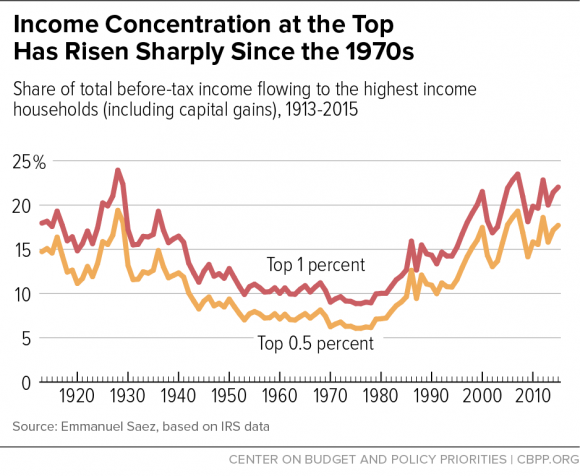
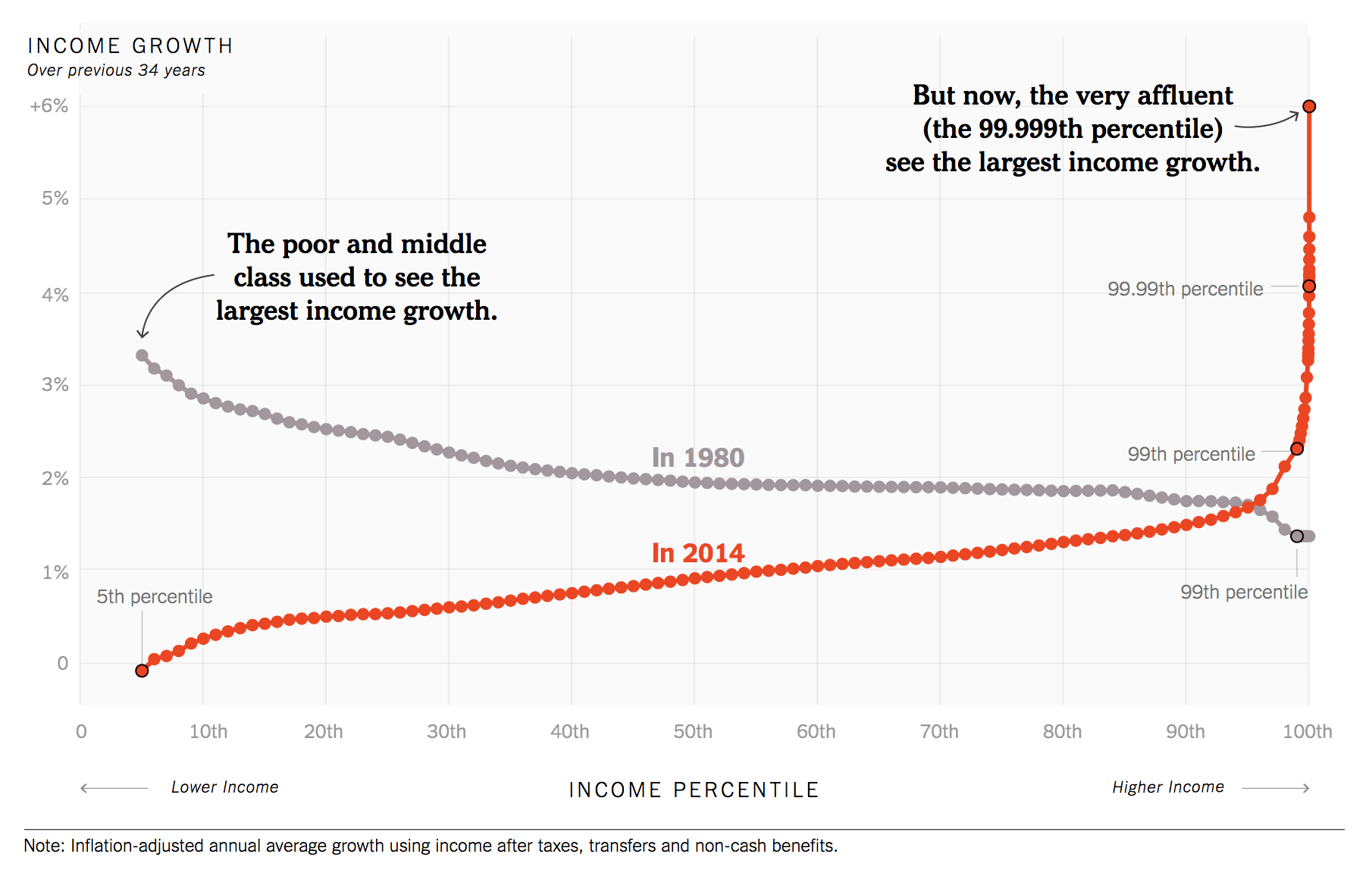
Sources: Center for Budget and Policy Priorities (top); Our World in Data (bottom).
“The man who dies rich dies in disgrace.” – Andrew Carnegie
How has time changed peoples’ views towards philanthropy, which is what we call it when rich people give away money for good causes? As rich became ultra-rich and as the world has developed a deeper need for their help, philanthropy has taken on a larger role. The Gates Foundation has continued helping people through its work and it has been joined by other foundations and high net worth individuals. Ford, Hewlett and Packard, Wellcome, Kellogg, Bosch, Premji…these are not only names of the barons of industry and technology; foundations that bear these names have given away billions of dollars to worthy causes.
Society celebrates wealth as a cardinal achievement in today’s world. Getting rich is an end in itself. When it comes time for a rich person to give away some (much, nearly all) of his/her money, it must be rewarding to see the good that can accomplish. And as the ultra-rich develop bank accounts that dwarf the economies of small nations, perhaps the world has become more dependent than ever before on philanthropists: to build homes, fight diseases, and bring computers to classrooms.
But 100 years before John Mackey’s quote, philanthropy had just as big a place in the world. The Industrial Revolution had made a new class of industrialists wealthy and there was a massive divide between rich and poor. One could argue that charity had an even stronger influence at that time. As now, philanthropists a century ago spent money on the public good that many governments did not have, feeding and educating people who would not otherwise have had the same chance.

A Carnegie library near Pittsburgh, c. 1900. Source: Library of Congress.
As an example, let’s recall the work of Andrew Carnegie. In some ways, his life paralleled that of Bill Gates a century later. Carnegie and Gates were each considered the richest men in the world at one time. Both of them made a ton of money in a business that they positioned at the center of a rapidly changing economy (Carnegie with steel for the Industrial Revolution and Gates with operating software for the Information Revolution). And both walked away from those empires at a relatively young age to focus on giving away their vast sums of wealth to charitable endeavors, founding two of the greatest philanthropic organizations in history.
Much has been written about Gates’ impact over the last two decades or so. For the remainder of this post, I’d like to focus on a part of Andrew Carnegie’s philanthropic legacy. Though his foundation had funded many other kinds of work, we can see his clear impact on the world simply by looking at the Carnegie libraries. It’s hard to imagine (though not at all impossible) that one single individual could impact more people in a positive way.
Carnegie Libraries
Carnegie financed the construction of thousands of free, public libraries. The libraries were a perfect fit for Carnegie’s view that philanthropy should not just give away money, but it should exist “to help those who help themselves.” The influence of Carnegie libraries was so massive that Carnegie’s work probably answered John Mackey’s question a century before he asked it. Carnegie’s libraries have changed millions of lives.
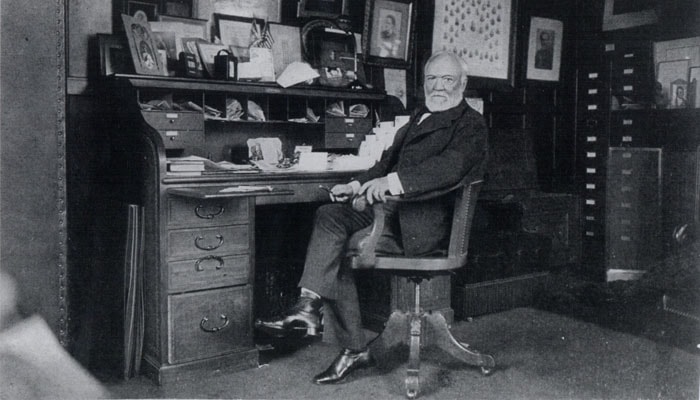
Carnegie at his desk. Public domain.
The first Carnegie libraries were built in and around Pittsburgh, Pennsylvania, which was Andrew Carnegie’s base. In the United States, where Carnegie made his fortune, he paid for 1,689 libraries to be built. Others were added in the region of Scotland where Carnegie was born. Over time, his foundation funded many more libraries in other countries around the world. 660 libraries were built in the United Kingdom and Ireland, 125 were built in Canada, and others were added in Australia, New Zealand, Europe, Malaysia, Mauritius, Fiji, and parts of the Caribbean.
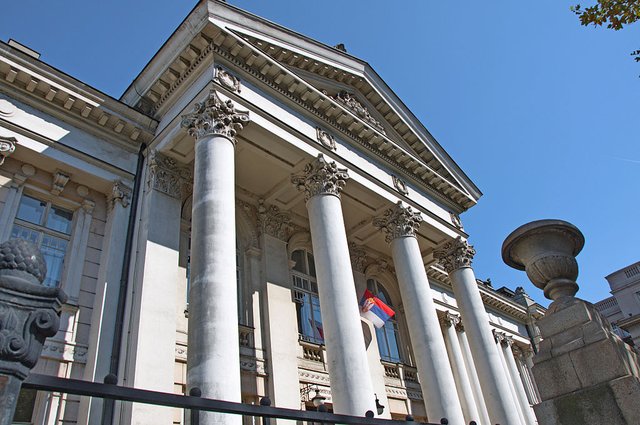
Belgrade University Library in Serbia, financed by Carnegie. Creative Commons via Wikipedia by Zoran Cvetkovic.
Between 1883 and 1929, Carnegie’s money built 2,509 libraries. After that, since many more public libraries were built, there is no record of how many were Carnegie-sponsored buildings. But regardless of the actual number, millions of people from all classes of society had free access to books and other resources. According to Paul Dickson, author of The Library in America, as quoted by National Public Radio (NPR), these libraries had an impact not only on literacy, education, and the dissemination of knowledge; some of these buildings themselves were iconic structures that influenced other public buildings. For example, the Carnegie library built in 1909 in Washington, D.C., was known as the “intellectual bread line” for people during the Great Depression: a place they could go to feed their minds. But it also was a grand marble edifice that probably influenced many of the monumental marble and limestone government buildings that were built later.
Remarkably, some 800 of Carnegie’s libraries are still in use in the United States with another 350 re-purposed into cultural centers, office buildings, or other uses. Adjusted for inflation, Andrew Carnegie spent some $1.3 billion on public libraries in the United States, 70 percent of these buildings being built in small towns.
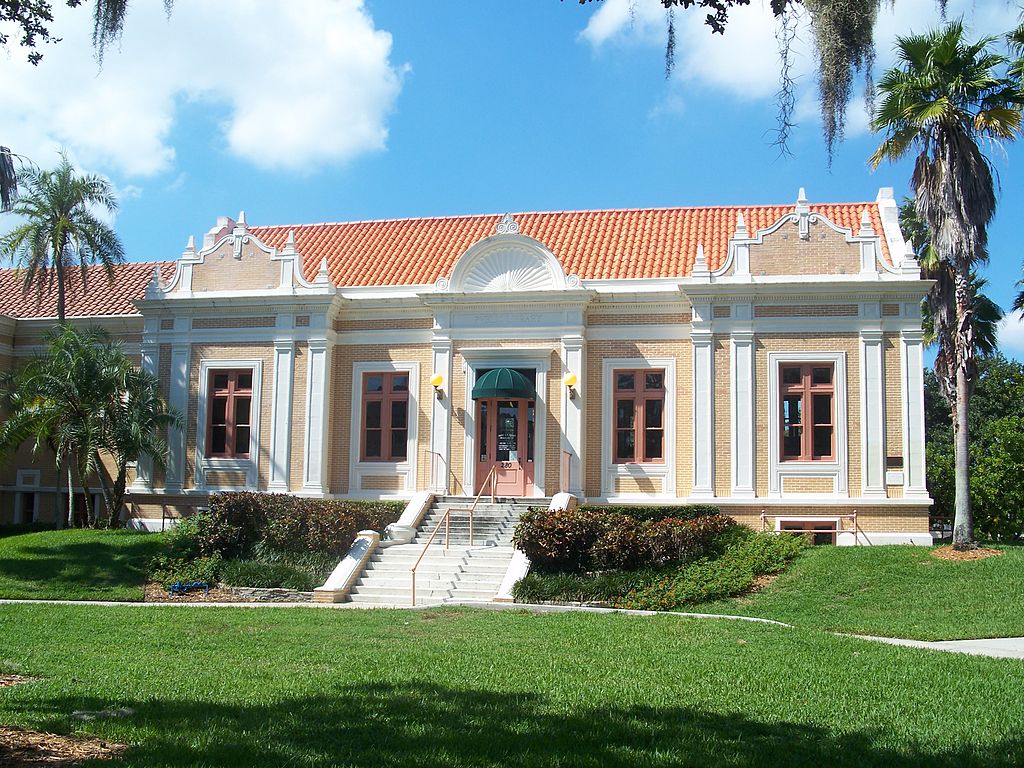
Mirror Lake Library in St. Petersburg, Florida, financed by Carnegie. Creative Commons via Wikipedia by ebyabe.
These libraries gave rise to an “expectation in communities across the country—if you didn’t have a library, somehow you were not supporting culture," according to Wayne Wiegand, author of a forthcoming history of public libraries, tentatively titled Part of Our Lives: A People’s History of the American Public Library, quoted by NPR. How many millions of people learned to read, connected with heroes and heroines, discovered new worlds beyond their own small towns, and found answers to their questions in those libraries? Today, we have the Internet, but for previous generations, a library was all they had. It can be life-changing.
Does it really matter whether Mother Teresa or Bill Gates has helped more people or whether Andrew Carnegie did so a century earlier? Of course not. None of them were trying to win a race (I hope). Each of these people will long be remembered for what they did for others in need, but the focus of charity and philanthropy is on helping others, not on being famous for it. Also, let us not forget how many people have been inspired to help out in their own smaller ways as well. Most volunteers and small donors will not receive the credit that more famous people do, though everyone is entitled to a selfie.
Sources:
http://archive.fortune.com/magazines/fortune/fortune_archive/2003/09/15/349175/index.htm
https://www.npr.org/2013/08/01/207272849/how-andrew-carnegie-turned-his-fortune-into-a-library-legacy
https://en.wikipedia.org/wiki/Mother_Teresa
https://en.wikipedia.org/wiki/Carnegie_library
https://en.wikipedia.org/wiki/Bill_%26_Melinda_Gates_Foundation
https://en.wikipedia.org/wiki/The_Gospel_of_Wealth
Top and bottom image are public domain from Pixabay. Others credited in the text. Title is from a quote by John Wesley.
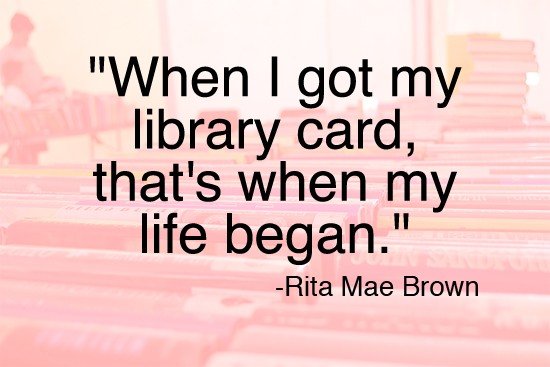

Mother Teresa did not have wealth, but if she loved people in need, she helped with what she could, the rich donate money because her fortune is gigantic. and make donations to try to be good to society.
true kindness is that which comes from the heart to give and be satisfied to have made someone happy with your donation or with your help. see the happiness of another person who needs your help, makes you feel emotionally well ... seeing all this with your own eyes is priceless.
Helping people definitely comes from the heart. It's easier when a person has money to give away, but probably harder to do what Mother Teresa did.
Yes, for Mother Teresa it was more difficult, because she did not have material wealth, but she did have wealth from her noble and great heart, generosity and comparison for the most needy.
Today she is the patron saint of the poor.
True indeed... It all comes from the heart @joelgonz1982
I think comparing these three is a bit like comparing apples to oranges to bananas (although I won't tell you which is which) :)
I think it's about playing to your strengths and aligning them with what moves you. Look at what you've been given and then look at what needs can be met. Mother Teresa did what Bill Gates and Carnegie never could have done and the poor benefited. And vice vice versa with the other two gentlemen. Fantastic! I think many spend more time debating how to help and become paralyzed from actually helping.
Like @donkeypong mentioned, half of the value is in inspiring other folks to act as well, the unsung heroes who are out there serving daily. I myself have a humanitarian background and definitely took from others to inspire personal action.
So what about us? What can we do at a personal level? We all share some kind of connection to this new technology, so what about this blockchain thing, can it help at all?
I started a "Blocks for Good" blog series, first entry looks at an Irish startup called Aid:TECH which seeks to use blockchain to help make humanitarian aid more transparent and less corrupt as well as helping create an immutable identification system for the millions who are excluded from services because they can't demonstrate their identity. Promising stuff!
Great response. Yes, we can all help in our own ways, as we are best able.
That's right! And there's plenty of work to go around!
Thank you @starthere, an answer full of positive energy. I especially enjoyed reading that "many spend more time debating how to help and become paralyzed from actually helping." It's always good to have a nice reminder on the time we're losing to overthink while we could actually already start something. I feel empowered just by reading your answer.
I will also check closer the "Blocks for Good" blog series, it's amazing to see how technology can help us to be more human somehow...
That's my first post on steemit and I'm glad it's for this beautiful topic.
Awesome @florine and welcome to Steemit! You're completely right - the older I get, the more I'm a fan of doing to learn, not learning to do. You can't train in secret and then burst on the scene to do x perfectly, it doesn't work that way. Got to get out there, experience, learn, refine, repeat.
I felt awe while reading your post, not only because of the great efforts these people have been doing for the world, but because of the fact that I did not know most of what you said even though they have affected so many hundreds of millions of people. So many things have happened right under my nose and I haven't noticed them. It's great to have you to tell us these things, including the enormous gap of wealth that I did not know was increasing so maddeningly fast.
A thing that you noted that made me think a lot about the way I do things is the "help people who help themselves". There are many resources here on Steemit fo the poorest of the poor, but they do not know how to go to get them, and if they do, they do not feel motivated to ask for this help, or they do in such a way that people instead feel a need to reject them (just in the way that beggars and homeless people are rejected on the streets by the people who could help them).
Is this a problem with education? Is this a problem with capitalism and the way we view the world? I don't know the answer to these questions, but they are topics that I think should be researched in order to be able to help more people more effectively and have people make the most they can out of the help that we can offer them.
Lots of people need help and support, but there is something to that quote about helping people who help themselves. Hopefully, education and training can help people understand how to access opportunities.
Even with the resources, many don't even have phones to access them... And getting really little at the beginning discourages them, they look for quick means of livelihood
Personally I believe that social and economic structures are pyramidal, there will always be inequalities and our nature seeks to create hierarchies to guarantee order.
Philanthropy per se is good, i think there are 3 alternatives (at the moment) about who can accumulate the wealth of a country, one in which a democratic state charges high taxes to companies, the other is to have faith that all millionaires will be philanthropists like Bill Gates and the third in which "we are all equal", that is, communism, I think this would not be very popular.
Understanding that there will always be inequality, we can only decide if we want the state or the businessmen to manage most of the money. I suppose there are good arguments in favor of each case...
Btw both have done good things, but the contribution of Mother Teresa is more symbolic while Bill Gates has been more effective.
You're right. Have you ever heard the saying that if all the world's money were redistributed equally, it would end up back in the same hands in 10 or 20 years? I don't know if that's true, but there is some inherent inequality, as some seem better at accumulating and others at spending. The best response may be some combination of your approaches, which you defined quite well there.
I had not heard that fact, but it seems perfectly possible. Thanks!
Thank you for this Wonderful and inspiring article. May we all strive to be of service and to share whatever gift we have been given. Compassion Quotient is Imperative. Live by LOVE, indeed; it has positively impacted my life in ways beyond expressing. In 2005, I sold my home and possessions to create/facilitate a volunteer literacy project in Belize, I've donated programs for 33,340 students & trained 800 teachers to use their own indigenous stories in schools. This year the program is invited to Kenya, Ghana and India, I will go. I'm working hard to raise the funds, I am not sure How it will work out, but I have faith it Will because my goal is to build bridges between cultures, foster understanding and Compassion through our stories. I work often with children, they teach me more than I've ever taught them. We would do well to listen to children more for solutions to world problems and to see REAL compassion.
That sounds great. Good for you and I wish you best of success with the project.
When you have achieved a certain amount of wealth, and if your soul remains human, then you will surely come to charity. It's like there are near hungry. It is impossible to enjoy the taste of food when someone is hungry and his stomach rumbles. So and with wealth. You see poverty that exists, you see those who need help, and you understand that you have the opportunity to make someone's life better, to save someone. All the more so, Bill Gates did more than that. He was engaged in charity work, it is clear and commendable. But his own product, Microsoft, is an opportunity for everyone to have a better life that he has given. Opportunity to work at the computer, independently master new knowledge and skills, to develop and study. I think so.
I do believe the power of love is more powerful than money. Though in this materialistic world, people tend to believe that money is everything, but I don't want to get fooled by money. There are a lot of things that can not be bought by money, and we can help people much better without money too. By giving all the love we have, treat them as the way we treat ourself, it will help a lot and it will never end.
Anyway, I like this post, so sweet and really touch my heart. In the era of blockchain technology, with the raise of altruism, I do believe more people will realize that love is the most powerful energy to help others, to create a better world and a better future.
Thank you for sharing this post. I love it... Love is love, love is all indeed.
Yes, hopefully there will be more we can accomplish with the blockchain to help people.
@donkeypong , I enjoyed your article today. It reminded me of how, in their later years, Mother Theresa and John D. Rockefeller looked very much alike, with deep lines in their weathered faces. The difference was that JDR's eyes were the eyes of a dead man: the richest man on earth had eyes with no life or vitality, only cold calculation. MT's eyes were alive and engaging, even tho she'd seen enough human suffering to drive anyone else mad. Who died richer?
Where I would give a tip of the hat to Gates, tho, is that he is looking for root causes of poverty, while MT would never touch that area. She would treat the poor, but never concerned herself with the structural causes of poverty.
And a final thought, the irony and the tragedy of so many institutional religions is that while the founders taught the law of love, in time the institutions are often taken over by lawyers and bureaucrats who practice a love of the law.
What a great comment. You have a whole post here with thoughtful ideas and wit. It's true that Gates has the means to look into root causes and use data to pinpoint where his foundation's help can be most effective.
We need both kinds of people, wealthy benefactors and those who are "on the ground" or so to speak and are wealthy in experience to help. Those who have a lot of resources may not know how best to help, but if they work with say a mother Teresa, then the value of their resources can go even further. Bill Gates does set a great example though, I think, where he is learning as much as he can about these topics so that he himself is educated in them, which is extra effort in being helpful.
But larger system wide changes are needed the most, I think, so that the many aren't dependent on the whims of the rich few... Universal basic income would probably help a lot of people not need extra help, but where would those resources come from?
Yes, I agree. It's nice for rich people to make a big impact, but unfortunate that we have to depend on that as a society.
Thanks for the history lesson! This Andrew Carnegie is a legend! If I become that rich one day I swear I would run charities like that unfortunately me getting that rich will probably never happen 😅. But I agree with the idea to help people to help themselves. It's like the saying "give a man a fish you feed him for a day, teach him to fish you feed him a lifetime" You can only help people by giving them the means to fend for themselves
That's one of my favorite lines and thanks for sharing it. With hands on Mother Teresa-type work, it doesn't make as much sense, but when a rich person is deciding how best to use money, giving it to charity for pure assistance to people must seem like a bottomless pit. 'Helping people help themselves' (teaching a person to fish) is a more encouraging type of project to fund.
You are welcome! And yes, I strongly believe that education is the best thing a charity can give to people in need. Not only assistance can be just like bottomless pit, but it is in human nature to be ungrateful when things are given and not hard earnt. I am sure you have heard stories about how people on the receiving end (not just donations, but more everyday things as well) are grateful at first but become indifferent as they get used to the treatment/donation/gifts they are receiving and become agitated when that is taken away. Education to make them independent is the the only way to truely help people succeed and not reliant on other people. Only when they feel successful they will actually be happy.